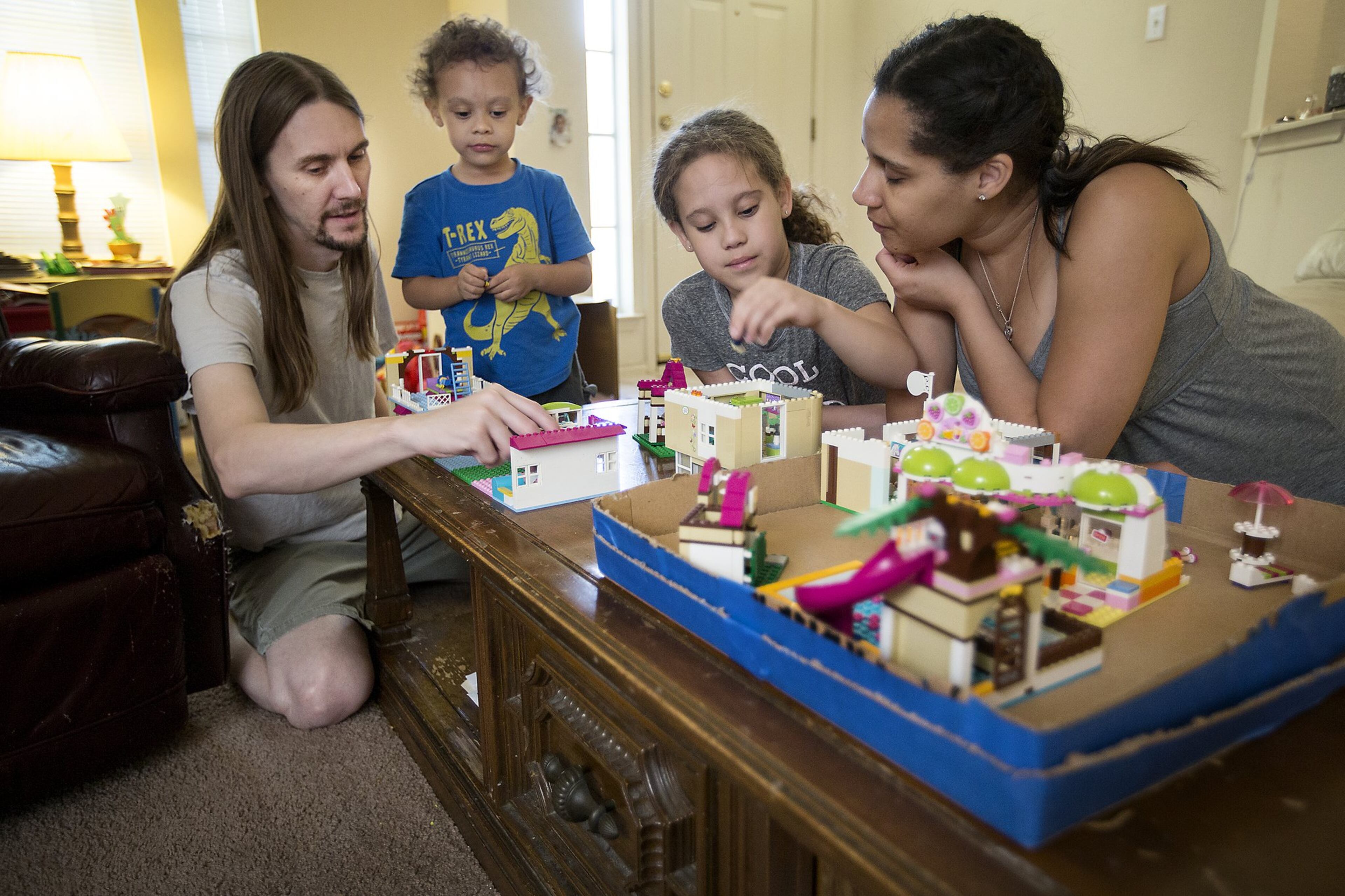8 warning signs that your child could have a speech delay
Your child's first few words represent an exciting milestone, so if there’s the slightest delay in those first words or their evolution into sentences, it may alarm any doting parent.
Parents often wonder if their child has a speech delay, especially if other children seem to be speaking at an earlier age. Most children eventually catch up, but if you can detect any potential issues early, you may be able to help your child and treat any potentially related issues, such as hearing problems.
Although every child is different, experts at Parenting.com and WebMD have offered some insight on key indicators that can help you determine if your child could have a speech delay:
What causes speech delays?
Some children speak later than others. On average, this is especially true for boys, preemies, twins and other multiples, according to Parenting.com. Kids who have chronic ear infections can also have speech delays related to difficulty hearing. And sometimes, a child may just become focused for a time on another developmental milestone, like walking, so talking is a lower priority for a while.
Autism or cerebral palsy can also make speech delays more likely, says FamilyDoctor.org. And although it can be great for a child's language development in the long term, living in a bilingual household can cause speech delays. That's because as your child's brain is working to understand and use two languages, this added difficulty may cause delays in speaking either one or both languages.

What are some signs that you should contact your child's pediatrician about a possible speech delay?
WebMD suggests contacting your child's doctor if any skills that have been learned are lost and if your child shows any of the following signs that could indicate a speech or language delay.
By three to four months, your child:
- Doesn't respond to loud noises
- Doesn't babble
- Babbles but doesn't try to imitate sounds by four months
By seven months, your child:
- Doesn't respond to sounds
By one year, your child:
- Doesn't say single words
By two years, your child:
- Can't speak at least 15 words
- Doesn't speak two-word, non-repetitive phrases
- Doesn't speak for reasons beyond communicating immediate needs
What can you do to encourage speech?
Some speech delays will occur no matter what since each child follows his or her own timetable. But if you have any concerns, talk to your pediatrician for more specific information about your child. He or she can listen to your child babble or speak, set up a hearing test or other testing if needed, and let you know whether any speech-language therapy is needed.
In addition, the following tips from Parenting, KidsHealth and FamilyDoctor can help encourage your child to speak:
Let your child hear your voice often – Read aloud, sing songs, name things that you see throughout the day, and play toy telephone with your child. Keep things simple, but don't use "baby talk" with your child.
Encourage imitation – Encourage your child to imitate what you say or the sounds you make. As you look at books, ask them to look at a recognizable picture and name what they see.
Help develop oral muscles – Showing your child how to blow bubbles can help develop his or her oral muscles.
Provide positive reinforcement – If your child speaks, confirm what he or she is saying and praise his or her efforts. Your child may become frustrated or angry if he or she wants to communicate but is having difficulties, so a positive attitude is important.

